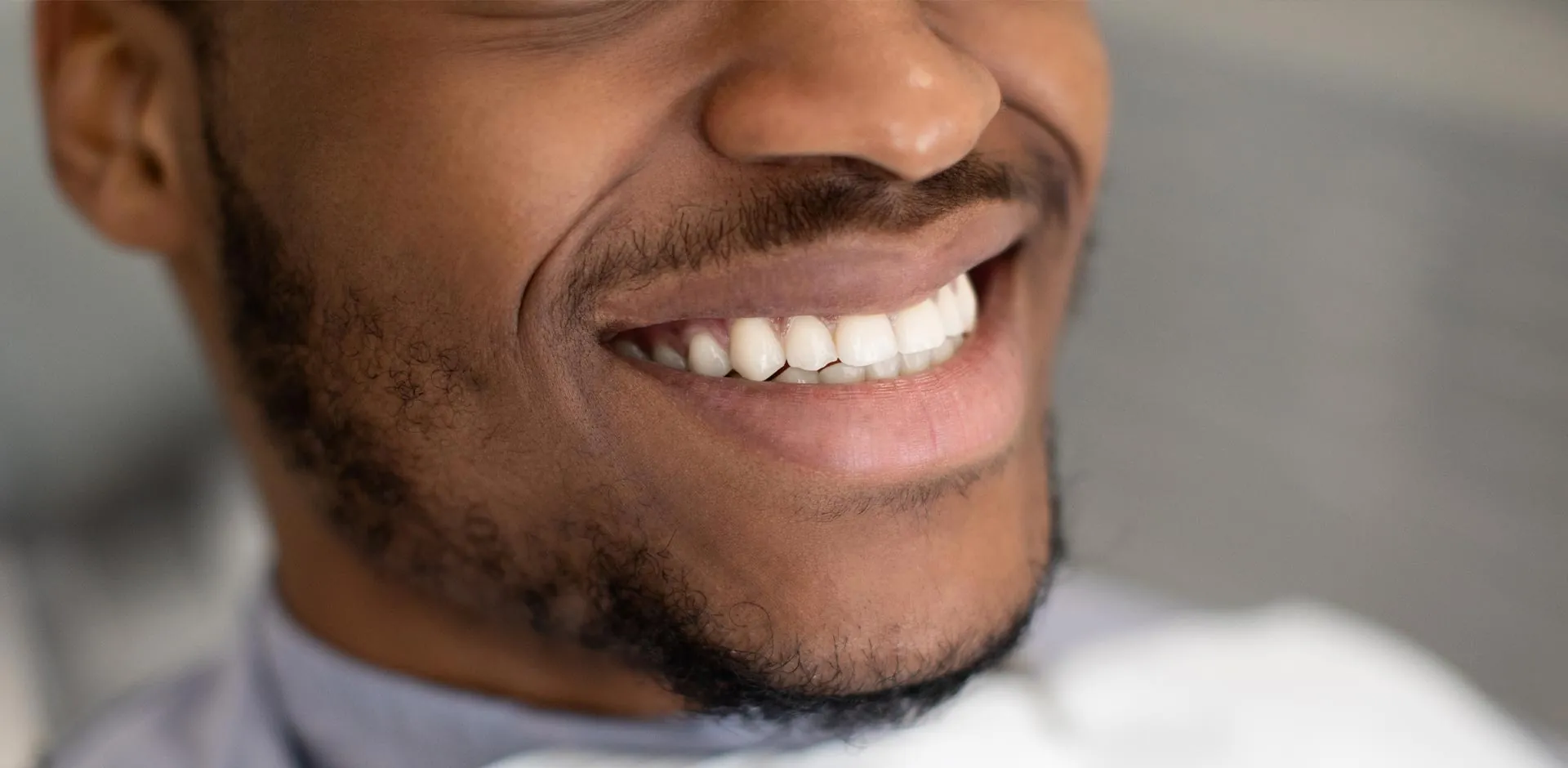
While our teeth are naturally built to last a lifetime, there are multiple situations in which the loss of a tooth occurs and/or extraction becomes necessary. Some of the most common reasons for the loss of a tooth include:
Injury or damage: A variety of things can be responsible for the traumatic loss of a tooth. A sports-related injury or even damage to the tooth by certain foods can cause a tooth to come out on its own or require extraction when the injury is beyond repair. Some patients who suffer from severe clenching and grinding while asleep may eventually begin to experience cracking or damage of the tooth that is unable to be repaired, ultimately leading to extraction or loss.
Infection or decay: Our highly-trained team at Allred Dental always employs every available and appropriate technique to treat natural teeth before considering extraction. In some cases, however, removing the tooth may be necessary. When a tooth becomes diseased or infected, the overall oral health and the health of the surrounding teeth may be compromised. If the degree of infection and decay becomes severe enough that the tooth cannot be treated and saved, the tooth may be lost or extracted.
Gum disease: Periodontal (gum) disease is a common diagnosis. Not only does periodontal disease affect gum health and bone health but as the tissues begin to deteriorate, the teeth themselves can start to loosen. In severe cases, one or more otherwise healthy teeth may be lost due to significant tooth mobility. The professional team at Allred Dental in San Marcos, CA is committed to treating and saving natural teeth first and foremost. But if tooth loss or extraction becomes imminent, patients can expect the highest level of education and care.
In addition to these common problems, there are various other reasons for tooth loss. While traditional crowns, bridges, or dentures used to be the only options, the development of implant dentistry has truly revolutionized tooth replacement. To find out whether dental implants are right for you, it is important to first understand the basics of the procedure, what results you can expect, and how implants can benefit you when compared with traditional tooth replacement options.
What is a dental implant?
The most common misconception about dental implants is what the term refers to. The implant itself is actually the titanium screw that is implanted directly into the jaw bone through an incision in the gumline. Once the implant has fully integrated with the tissue and the bone, a process that usually takes about 3 – 6 months, the actual tooth restoration is attached to the implant in the form of an implant-supported crown, bridge, or denture.
How does the procedure work?
Once Dr. Allred evaluates your oral health, he will recommend the best tooth replacement method for you. Your overall oral health, gum and bone health, and other factors play an important role in determining the timeline and specifics of your procedure.
Using sedation and local anesthesia, he will make a small incision in the gum and implant the screw(s) into your jaw bone. Shortly after that, it is usually possible to attach a temporary restoration while the implant heals. It is imperative that you follow aftercare instructions carefully to avoid infection and give your implant the best possible chance of success. Our Allred Dental team will evaluate you at regular intervals over the next several months to assess the success of the implant. Once it has fully integrated with the tissue and bone structure, a permanent restoration will be attached. Depending on how many teeth you are missing, the location of the missing teeth, and other factors, you may be fitted with an implant-supported crown, bridge, or denture.
What kind of results can I expect?
Patients in San Marcos, CA experience a very high rate of success with dental implants at over 90%, meaning that there is a successful integration of the implant in almost all cases. In rare situations, the implant may fail, though that is often avoidable at the time of the initial procedure. This is one of the many reasons that choosing a highly-experienced and trained implant dentist is vital to obtaining a positive result. Do not hesitate to ask Dr. Allred about his knowledge and expertise in implant dentistry. During your initial consultation at Allred Dental, you can expect to have all of your questions answered fully.
Why are implants preferred over traditional restorations?
The advantages of implant-supported restorations are dramatic as compared to traditional crowns, bridges, and dentures. First and foremost, implants allow patients to regain their ability to chew, talk, and live without the worry of a restoration falling out. Dental implants look, feel, and function almost identically to natural teeth so patients can return to eating their favorite foods and smiling confidently. Another benefit of implant-supported restorations is that they are often much longer-lasting and more durable than traditional tooth replacement options. Many patients in San Marcos, CA can expect their implants to last the rest of their lifetime when cared for properly.
If you think dental implants may be right for you, the first step is to be evaluated by our skilled implant specialist at Allred Dental. Call our office today to schedule your consultation with Dr. Allred today and find out how dental implants can give you your best smile yet.
